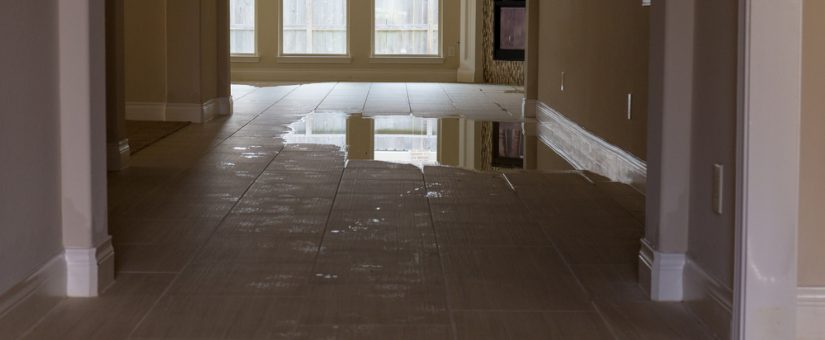Discover Why Water Seepage in Your House
Discover Why Water Seepage in Your House
Blog Article
Just how do you really feel with regards to Common Water Leaks In House?

Leaks not just trigger waste of water however can additionally trigger unneeded damages to your house and also promote unwanted organic development. By understanding and also looking for everyday scenarios that create leaks, you can secure your home from future leaks as well as unnecessary damages.
Encroaching origins
Many water leakages begin outside the home rather than inside it. You might discover wet patches or sinkholes in your backyard, and that might suggest that tree roots are invading water lines creating water to seep out.
Corroded water supply
As time goes by, your plumbing system ages as well as corrosion such as corrosion may begin gnawing the pipes. This may be the root cause of staining or warping on your water pipes. This asks for an examination with your plumber promptly. Take into consideration replacing the pipes given that they are at a higher danger of rust than the more recent models if our plumbing system is old.
Malfunctioning Pipeline Joints
The point at which your pipelines link is regularly the weakest link in the waterline. Pipe joints can wear away in time, causing water leaks. Regrettably, the majority of pipe joints are not easily noticeable. If you have loud pipes that make ticking or banging noises, specifically when the hot water is switched on, your pipeline joints are possibly under a lot of pressure. It is a good idea to have your plumber evaluate your system once a year.
Immediate temperature level adjustments.
Extreme temperature level changes in our pipelines can cause them to broaden and also contract suddenly. This expansion as well as tightening might create cracks in the pipes, particularly if the temperature are listed below cold.
Poor Water Connectors
At times, a leakage can be brought on by loose hose pipes as well as pipelines that provide your appliances. Usually, shifting is what causes the loose water Connections. You may discover when it comes to a cleaning maker, a tube might spring a leakage as a result of drinking throughout the spin cycle. In case of a water links leakage, you may discover water running directly from the supply line or puddles around your appliances.
Blocked Drains
Clogged drains pipes may be bothersome and inconveniencing, yet they can in some cases wind up triggering an overflow leading to break pipes. Maintain removing any kind of materials that might go down your drains that can block them to stay clear of such hassles.
All the above are sources of leakages however not all water leakages result from plumbing leakages; some leakages could come from roof leaks. All leakages need to be repaired immediately to stay clear of water damage.
Leakages not only create waste of water but can additionally cause unneeded damage to your house and also promote undesirable natural growth. By recognizing and looking for everyday circumstances that trigger leakages, you can protect your house from future leakages and also unneeded damages. Today, we will look at 6 leak causes that may be creating your pipelines to leak.
At times, a leak can be created by loosened hose pipes and pipelines that provide your appliances. In case of a water links leak, you might observe water running directly from the supply line or pools around your home appliances.
How To Check For Water Leak In Your Home
How To Check for Leaks
The average household's leaks can account for nearly 10,000 gallons of water wasted every year and ten percent of homes have leaks that waste 90 gallons or more per day. Common types of leaks found in the home are worn toilet flappers, dripping faucets, and other leaking valves. These types of leaks are often easy to fix, requiring only a few tools and hardware that can pay for themselves in water savings. Fixing easily corrected household water leaks can save homeowners about 10 percent on their water bills.
To check for leaks in your home, you first need to determine whether you're wasting water and then identify the source of the leak. Here are some tips for finding leaks:
Take a look at your water usage during a colder month, such as January or February. If a family of four exceeds 12,000 gallons per month, there are serious leaks.
Check your water meter before and after a two-hour period when no water is being used. If the meter changes at all, you probably have a leak.
Identify toilet leaks by placing a drop of food coloring in the toilet tank. If any color shows up in the bowl after 10 minutes, you have a leak. (Be sure to flush immediately after the experiment to avoid staining the tank.)
Examine faucet gaskets and pipe fittings for any water on the outside of the pipe to check for surface leaks.
Undetected water leaks can happen without the home or business owner even realizing. If you suspect a water leak, but not able to find the source. It is time to contact a professional water leak detection service, The Leak Doctor.
How To Find a Water Leak In Your Home
https://www.leakdoctor.com/blog/How-To-Check-For-Water-Leak-In-Your-Home_AE197.html

I'm just very involved in Top Causes of Home Water Leaks and I'm hoping you appreciated our blog posting. Sharing is caring. Helping people is fun. Thank you so much for going through it.
Prompt service? Call here. Report this page